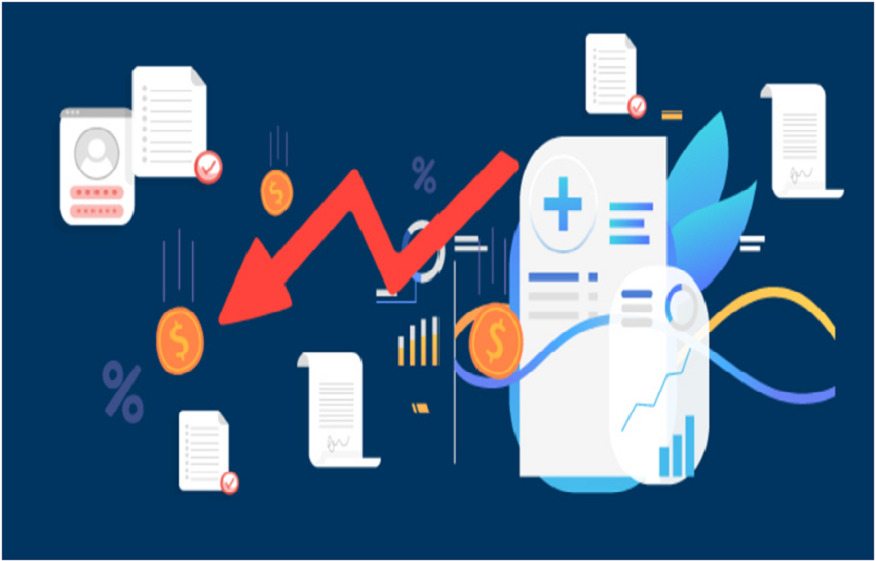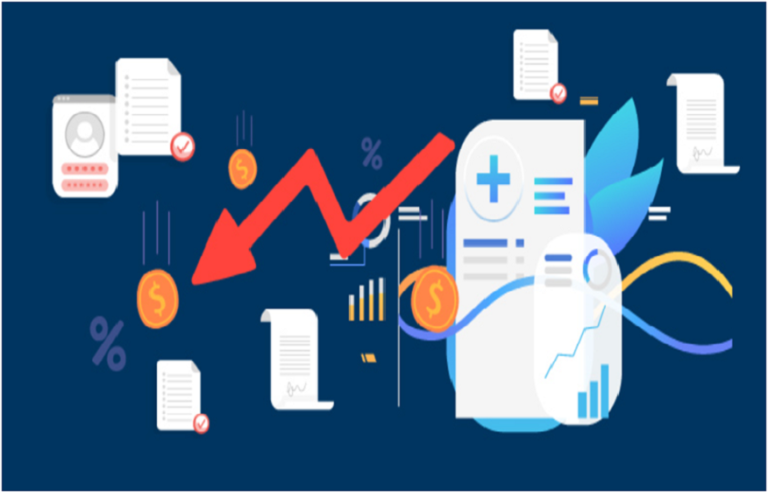Healthcare systems worldwide are grappling with rising costs driven by an aging population, increasing chronic conditions, and inefficiencies in care delivery. As organizations seek ways to cut expenses without compromising quality, AI solutions for healthcare are becoming a pivotal tool in driving down costs. By using AI technology in healthcare, providers can make data-driven decisions that improve patient outcomes, streamline operations, and reduce costs.
1. Identifying and Eliminating Inefficiencies
One of the most powerful ways artificial intelligence in healthcare can help reduce costs is by identifying inefficiencies. AI technology can analyze large volumes of data to pinpoint areas of overutilization, such as unnecessary tests, redundant imaging, or preventable readmissions—each of which adds unnecessary expenses. Predictive models powered by artificial intelligence can also identify at-risk patients, allowing providers to intervene early and prevent expensive complications.
Hospitals that use data to optimize patient flow can reduce wait times, improve resource allocation, and minimize unnecessary admissions. By applying AI solutions for healthcare, providers can analyze real-time data and quickly adjust operations, reducing overhead and unnecessary costs. Platforms like Innovaccer’s Healthcare AI Platform help organizations streamline these processes and improve decision-making through advanced data analytics.
2. Focusing on Preventive Care and Early Intervention
Shifting from a reactive to a preventive care model is another area where AI technology in healthcare can reduce costs. By analyzing patient data, artificial intelligence enables providers to identify individuals at high risk for developing chronic conditions like diabetes or heart disease. Early intervention programs powered by AI solutions can focus on prevention rather than treatment, reducing the long-term financial burden of managing chronic diseases.
For example, predictive models help clinicians target at-risk individuals for preventive measures, such as lifestyle changes or early screenings, before conditions escalate. This leads to better patient outcomes while reducing the need for costly emergency care or hospitalizations.
3. Improving Care Coordination
Inefficient care coordination often leads to duplicated services, delays, and preventable complications—all of which contribute to higher costs. Ambient AI, a form of artificial intelligence that integrates seamlessly with clinical workflows, can improve care coordination by providing real-time insights. This ambient AI technology consolidates data from sources like electronic health records (EHRs) and lab results, providing a comprehensive view of a patient’s medical history.
With AI solutions for healthcare improving coordination, care teams can reduce redundant tests, avoid medication errors, and ensure patients receive timely care, leading to better outcomes and fewer unnecessary hospitalizations.
4. Negotiating Better Pricing and Contracts
Data analytics and artificial intelligence are transforming not only patient care but also cost management. By analyzing historical spending data, healthcare organizations can identify areas where they can reduce costs, such as switching to lower-cost medications or renegotiating supply contracts.
Additionally, AI technology in healthcare can help organizations demonstrate how improved care quality and cost-effectiveness justify better reimbursement rates. This can lead to more favorable agreements with insurers, reducing operational expenses.
5. Reducing Fraud and Waste
Fraud and waste are major contributors to rising healthcare costs. Artificial intelligence in healthcare helps combat these issues by identifying billing anomalies, such as overuse of services or fraudulent claims. Predictive models can also highlight areas of waste, like unnecessary tests or prolonged hospital stays, allowing healthcare organizations to reduce inefficiencies and curb unnecessary spending.
By incorporating artificial intelligence in healthcare to improve efficiency, prevent disease, streamline care coordination, and reduce fraud, organizations can significantly cut costs while enhancing care quality. With continued advancements in AI technology in healthcare, embracing these tools is essential for building a sustainable, cost-effective system.












+ There are no comments
Add yours